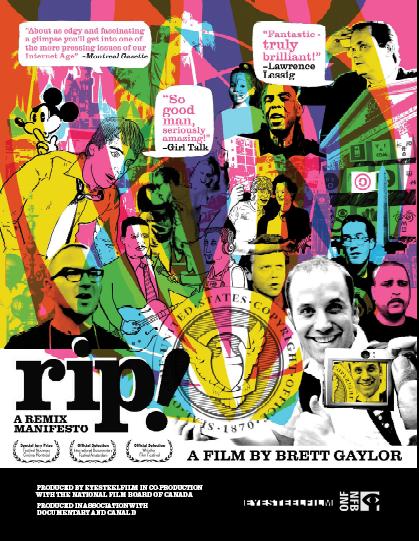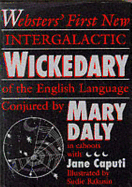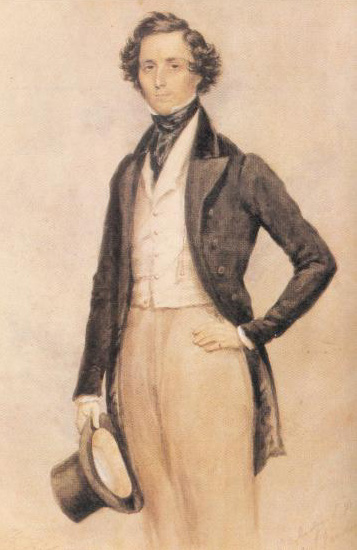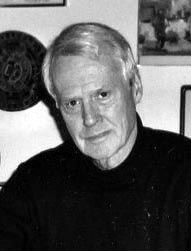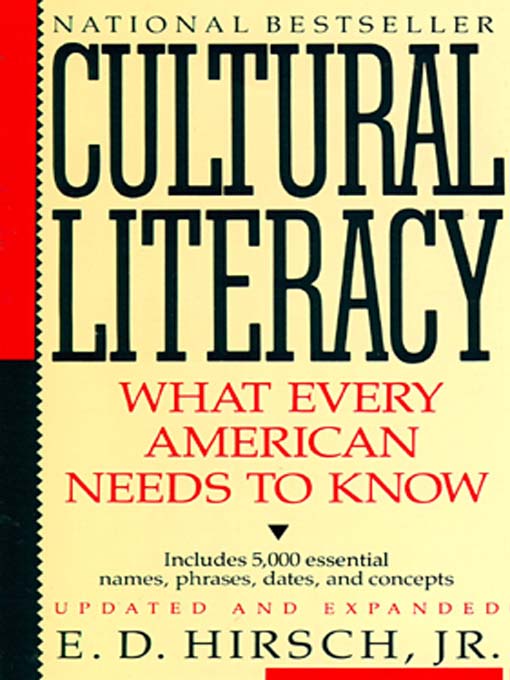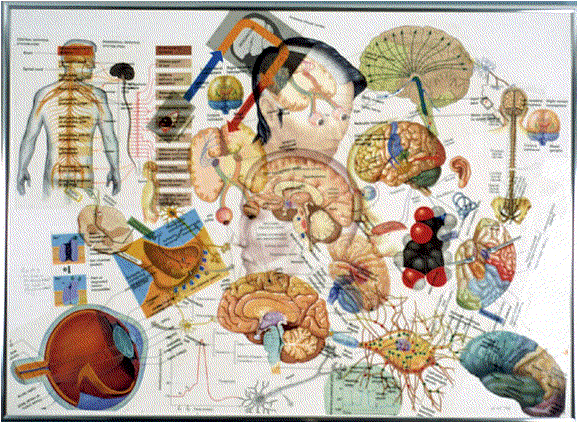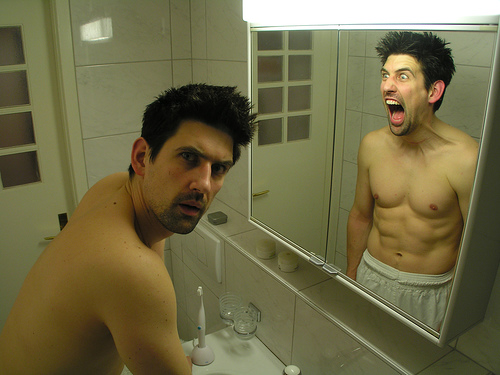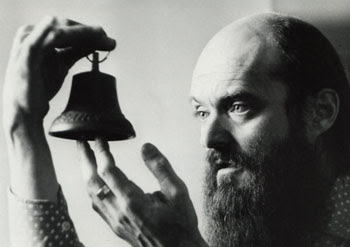
I have been thinking quite a bit about the Alexander Technique phrase, “misuse of self.” If I understand correctly, part of what the Alexander Technique teaches is to utilize your body in the ways it works best or even was designed to work.

This means holding your head, neck, back, shoulders, arms and legs in the most natural way. This means not “mis-using” them. It seems it’s easier to stop doing badly than to somehow “will” doing right.

Interesting to me when I consider my little victories over myself over the years of my life.
When I was studying piano as a young man, I often did conscious relaxation exercises before practicing and attending lessons.

I read yoga and “The Glass Bead Game” by Hesse at this time. Yoga taught relaxation. Hesse romanticized the need for meditating.
On top of this my teacher taught me an relaxation exercise at the keyboard which I still use from time to time.

He called these the “attack-release” exercise. He taught me to strike four notes of a diminished chord with two fingers from each hand. This was the “attack.” Then I was supposed to completely relax my body. This was the “release.”
The trick was not to move on to the next note until I was entirely relaxed. Then repeat.

This process turns out to be a slo-mo version of the playing of each and every note on the piano: you must attack muscularly in order to sound the pitch but then instantly release this tension in order to create a good tone and go on to the next note without building up tension.
Of course this can be difficult.
But I do think it is the source of some of my ability to make a decent tone on the piano.
Over the years I have monitored my tension as a musician. If I detect tension I attempt to release and often am at least partially successful.
But the Alexander Technique goes beyond muscle relaxation.
It also talks about concentrating on the ends at the expense of the means. A good example of this given by De Alcantara the author of the book I am reading on the Technique is when you want to take off your shoes but are too lazy to untie the laces. You force the shoe off. You attain the ends. But at what cost? You are ruining your shoes.
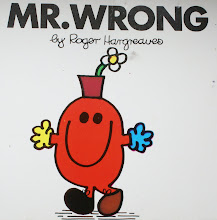
I interpret this to mean that one must not leap to the obvious part of the problem. If your arm hurts or is tense, it is a partial aspect of what you are doing with your body. Better to think about the entire body’s alignment. Are you squinching your head down into your shoulders (a common thing)? Is your spine naturally elongated? That sort of thing.
This happened to me recently. I have been having what seems to be arthiritic pain in my left hand. One morning I got up and rehearsed a section of a Mendelssohn piano piece that had quick strenuous octaves in the left hand. After practicing a bit I noticed my hand was hurting. I stopped.
Later when I returned to rehearsing I concentrating on holding my body easily erect with a naturally elevated head. I soon forgot about what I was doing and continued rehearsing. At the end of the rehearsal my left hand actually felt better than it had at the beginning and I had not consciously tried to do anything different with the hand, just the whole body.

Interestingly this applies to performance anxiety.
Performance anxiety is a way to concentrate on an unhelpful partial aspect of what is happening. In fact it is the least important aspect. Here is where the Alexander Technique teaches “inhibition.” One must cease to try to things the way that is screwing them up. Be that physical or mental (more probably both).

I find that if I try to not think about the anxiety and the supposed source of the anxiety. More than not think about. Try not to do the anxiety.
I am in the middle of trying this out.
I was ill this week and missed an important day of prep for the pieces I will play today. Indeed I was still shakey yesterday as I rehearsed.
But I have inhibited my self-recrimination and fretting which I usually lapse into when I am not as prepared I want.
Instead of returning from my organ rehearsal and confiding in my wife my self-doubts and frustrations, I suggested she accompany me for a quick trip to the grocery store. Came home and treadmilled. Then showered and had a bit to eat. Much more relaxed.
I am performing Virgil Thomson’s variations on “Shall We Gather At the River” for the prelude today. The point of the entire composition is that Thomson keeps juxtaposing hilarious oom pah pah accompaniments to this stodgy little pompous American tune.

In three of the variations I have to count the eighth notes very carefully. If I count I can play it. But it is hard to feel it. Normally in performance I would rather play with feel than counting. These are the three variations I have concentrated on this week. This morning I need to “inhibit” my propensity to worry about this. I need to “inhibit” caring and even thinking too much about it. If I count, I can play it. It’s that simple.
I could skip these variations, but they are actually the charm of the piece.
The other thing I am inhibiting is concern about the Mendelssohn postlude I have scheduled. I am playing part of his Fifth organ sonata. It alternates between two musical ideas. One of them is duple and grandiose feeling. The other is triple and strikes me as more fanciful, playful and even a bit lyric.

The duple section has some pedal runs that I have spent a great deal of time with this week. I can play them. Just not very quickly. The trick will be to play them slowly enough to play accurately and not lose the musical idea.
What I tend to do is to jump in and make music and the hell with the notes. In this case, I don’t think that’s warranted. Better to play the duple section slow enough to strike the notes exactly in the pedal.
Another solution (rationalized due to my illness this week) would be to only play a section or two of this eight page movement. After all no one listens to the postlude, heh.
But this is unsatisfactory because it disturbs a lovely symmetry and beauty of the piece.
Better to “inhibit” my concern and let the piece happen.
Alexander Technique teaches this as avoiding mis-use of self.

Even though I probably don’t have this exactly correct, I do think that throughout my performing life I have done something very similar when I allow myself to just play the music and let it come through me.
I finished Kathryn Davis’s “The Thin Place” last night.

I think I am a bit disappointed. She has a nifty style that allows not only overhearing humans in the plot but also their cats and dogs, the beavers in the pond, the plants in the field. She also situates her little New England story in the history of the life of the planet quite neatly as well.

What bothers me is the way she tied the plot together in a traumatic scene in a church service where people are stabbed, shot and the most interesting character in the book loses her powers. Mees sees deeply into reality and helps things come back from the dead. She loses this power much like we lose something when we move from childhood to puberty.
I don’t mind a book about this. Davis did it in a scene that wouldn’t have been out of place in a dumb B movie. Her charm did not extend to this device of tying her plot together.


